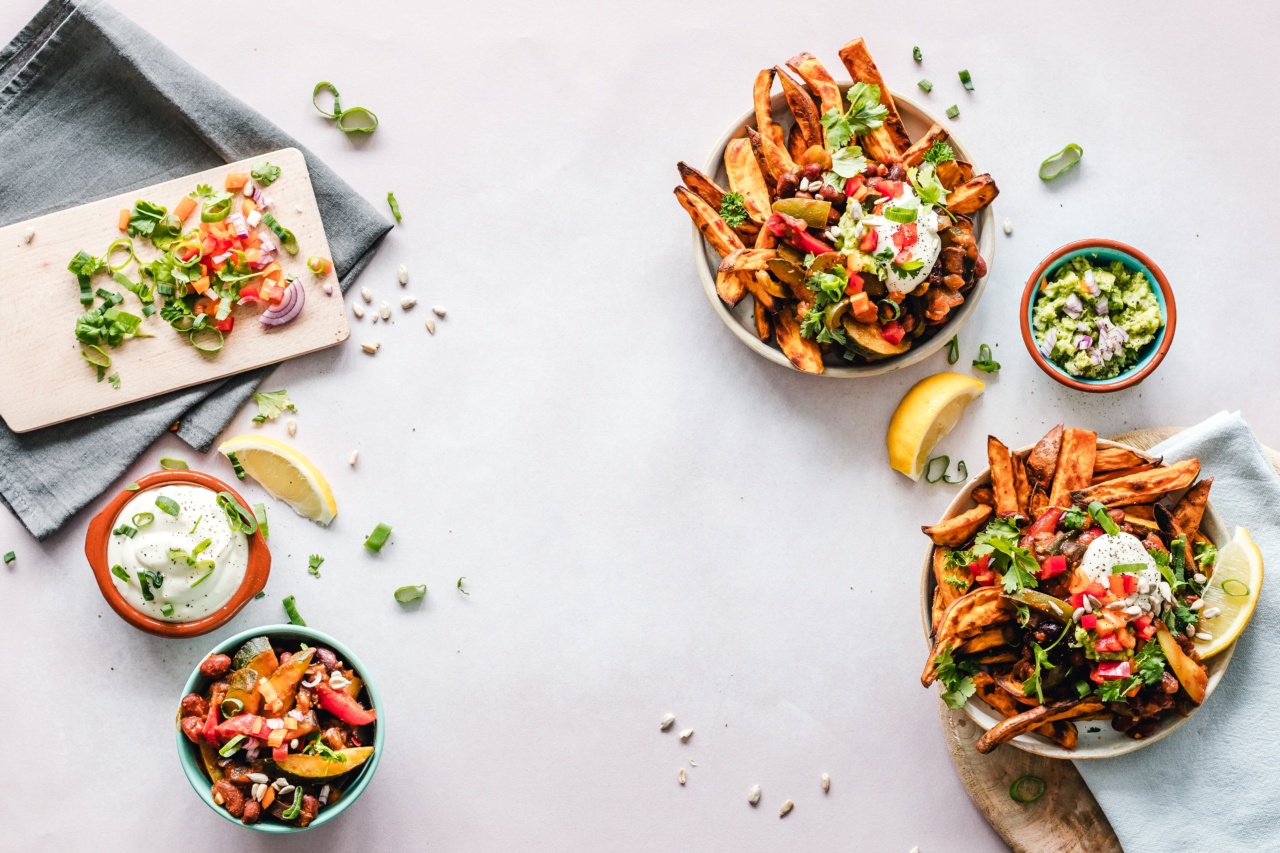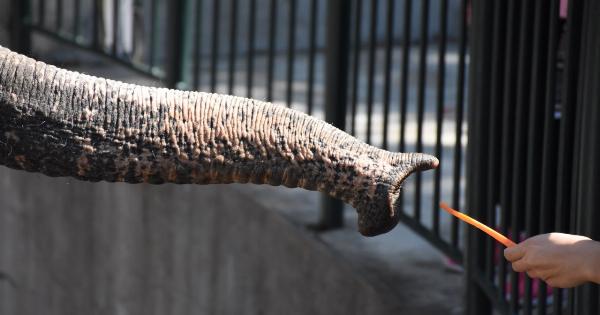As the quest for longevity continues, many people look to the secrets of centenarians who have remarkably lived a long and healthy life. While genetics play a role in determining one’s lifespan, lifestyle and diet are equally important factors.
In this article, we will delve into the foods that centenarians include in their diets to promote longevity and well-being.
1. Whole Grains
Centenarians often include whole grains in their daily meals. These grains, such as brown rice, quinoa, and oats, are rich in fiber, vitamins, and minerals.
They help to regulate blood sugar levels, promote digestive health, and reduce the risk of chronic diseases like heart disease and diabetes.
2. Fruits and Vegetables
Fruits and vegetables are staples in the diets of centenarians. These colorful and nutrient-rich foods provide essential vitamins, minerals, and antioxidants.
Leafy greens like kale and spinach, vibrant fruits like berries and oranges, and cruciferous vegetables like broccoli and cauliflower offer numerous health benefits and help protect against age-related diseases.
3. Healthy Fats
Centenarians often consume sources of healthy fats, such as nuts, seeds, avocados, and fatty fish like salmon. These foods are high in omega-3 fatty acids, which support heart health, improve brain function, and reduce inflammation.
Including these fats in moderation can contribute to longevity and overall well-being.
4. Legumes
The inclusion of legumes in their diet is another common characteristic among centenarians. Beans, lentils, and chickpeas are excellent sources of plant-based protein, fiber, and essential nutrients.
They can help maintain a healthy weight, regulate blood sugar levels, and lower the risk of heart disease and certain cancers.
5. Green Tea
Centenarians often enjoy sipping on green tea, known for its potent antioxidants and health-promoting properties.
Green tea is believed to aid in weight management, improve brain function, and reduce the risk of chronic diseases, including heart disease and certain cancers. Its anti-inflammatory effects may contribute to a longer lifespan.
6. Fermented Foods
A regular intake of fermented foods is a common practice among centenarians. These foods, such as sauerkraut, kimchi, kefir, and yogurt, are rich in beneficial probiotics that support a healthy gut microbiome.
A balanced gut microbiome is linked to improved digestion, a stronger immune system, and reduced risk of diseases associated with aging.
7. Herbs and Spices
Centenarians often incorporate herbs and spices into their meals, not just for flavor but also for their health benefits.
Turmeric, garlic, ginger, cinnamon, and oregano are some examples of potent herbs and spices that possess anti-inflammatory, antioxidant, and anti-cancer properties. Including these in the diet may contribute to a longer and healthier life.
8. Nuts and Seeds
Snacking on nuts and seeds is a common habit among centenarians. Almonds, walnuts, chia seeds, and flaxseeds are packed with heart-healthy fats, fiber, minerals, and antioxidants.
They help lower cholesterol levels, reduce inflammation, and improve overall cardiovascular health.
9. Limited Processed Foods
Centenarians tend to avoid or limit their intake of processed foods. These foods often contain excess sodium, unhealthy fats, and added sugars, which can contribute to chronic diseases and inflammation.
By opting for whole, unprocessed foods, centenarians can better maintain their health and avoid unnecessary health risks.
10. Moderate Alcohol Consumption
While alcohol in excess can be detrimental to health, many centenarians enjoy moderate alcohol consumption, particularly red wine. Red wine contains antioxidants, such as resveratrol, which may have anti-aging effects and contribute to heart health.
However, moderation is key, as excessive alcohol intake can have adverse effects on health.
In conclusion, the diets of centenarians focus on whole, unprocessed foods, rich in nutrients and antioxidants. By incorporating these foods into our own diets, we can take a step towards a long and healthy life.
However, it is important to note that diet alone is not the sole factor determining longevity. Regular physical activity, social connections, and a positive mindset also play vital roles in promoting overall well-being and a fulfilling life.































